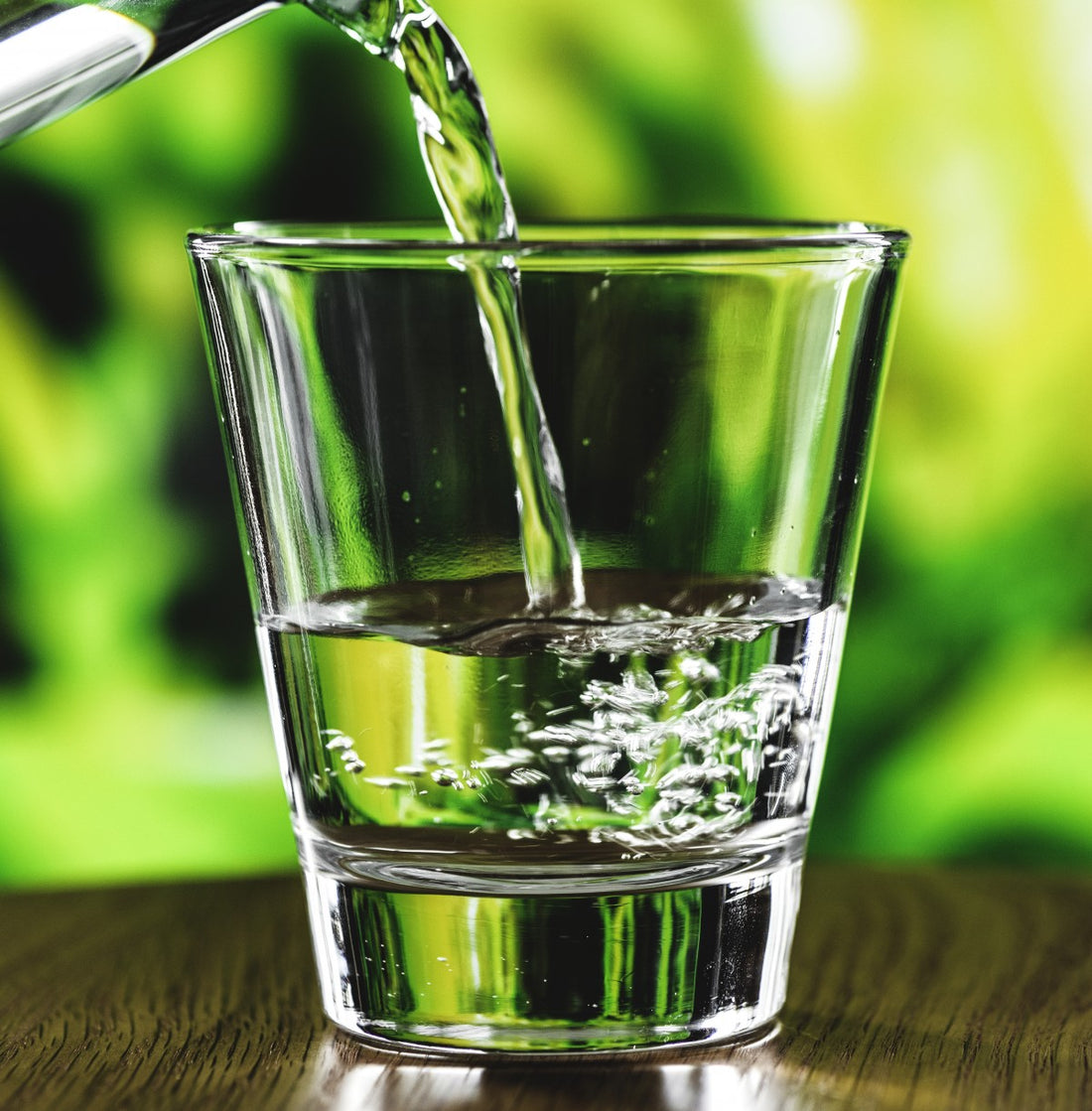
Reducing Chemical Disinfectants Could Improve Water Quality and Water Sustainability
By Dan DeBaunShare
Adding slightly less chemicals to drinking water during the disinfection process could not only improve the quality of drinking water, but also improve the overall sustainability of water systems, a new study has found.
Residual chemical disinfectants such as chlorine are routinely added to drinking water during the treatment process to kill off any free-living pathogenic microorganisms that may be present, thereby rendering the water safe to drink. However, until recently, very little was known regarding the impact of these chemicals on biofilms in the water system, and ultimately how they affect drinking water quality. Now, a new study, conducted by engineers from the University of Sheffield in the UK has revealed that reducing the amount of chlorine residual in the water system to an extent that it still offers protection can reduce the impact of disinfection on water quality over the long-term, thereby also improving water sustainability.

Biofilms consist of microbial communities that form on inside walls of water pipes in water supply networks all across the world. These biofilm impact water quality and cannot be permanently eradicated. Since different chemical residuals are used by different countries around the world, with some using none, the impact on these biofilms, as well as their effect on drinking water quality, differs from place to place.
The authors of the study, which was recently published in Nature: Biofilms and Microbiomes, found that lowering chlorine residuals in drinking water supports the growth biofilm colonies that do not have as great an impact on the quality of water as those that grow when chlorine residuals are higher.
"We all depend on safe, clean drinking water for our health and well-being. We turn on our taps and rarely think about the journey our water has been on to reach us. It takes energy and chemicals to treat the water that then travels through vast pipelines of our drinking water distribution system," said Dr Katherine Fish, a Post-Doctoral Research Associate at the University of Sheffield's Department of Civil and Structural Engineering and co-author of the study. "In the UK, we have some of the best drinking water quality in the world, but we also have an ageing drinking water distribution system that is having new pressures put on it with increasing population, urbanization and the climate crisis. Sustainably managing our drinking water system is critical for all of us, consumers and suppliers.
These problems are not unique to the UK, but rather are similar to those faced by water supply systems in the United States and other countries in the world.

According to Professor Joby Boxall, a Professor of Water Infrastructure Engineering at the University of Sheffield who led the study, drinking water is not, and should not be sterile. If it was, it would have no taste, which would probably put you off drinking it. Water as we know it consists of a variety of minerals, as well as beneficial bacteria, that makes it taste much like we'd expect when it flows from the taps in our home. To protect drinking water quality, it is crucial that we fully understand how the chemical, physical and biological processes that occur within the water system influence the quality of water, and especially the role that biofilms play in this regard.
Disinfectant residuals play a vital role in maintaining and protecting drinking water supplies the world over. Since they offer protection against pathogenic microorganisms, ensuring that drinking water is safe to drink, they are essential for the provision of clean and safe drinking water.
"Along with using disinfectant residuals, we also need to manage biofilms to maintain our drinking water supply and there's currently different approaches to managing them effectively," Boxall explains. "What we've found here at Sheffield is that using a slightly lower amount of disinfectant residuals can result in biofilms that have less of a negative impact on water quality."
The authors hope that their findings can help improve the management of water supplies both in the UK and in other countries, to make water treatment more sustainable by using less energy and chemical disinfectants, and ultimately to help the water industry reduce its carbon footprint and its contribution to climate change.
Journal Reference:
Fish, K.E., Reeves-McLaren, N., Husband, S. et al. Uncharted waters: the unintended impacts of residual chlorine on water quality and biofilms. Nature: Biofilms and Microbiomes. 6, 34 (2020) https://doi.org/10.1038/s41522-020-00144-w
-
Regular price $234.00 USDRegular priceUnit price / per
-
Regular price $327.00 USDRegular priceUnit price / per
-
Regular price From $367.00 USDRegular priceUnit price / per
-
Regular price From $408.00 USDRegular priceUnit price / per
-

 Sold outRegular price From $451.00 USDRegular priceUnit price / per
Sold outRegular price From $451.00 USDRegular priceUnit price / per -
Regular price From $478.00 USDRegular priceUnit price / per
-
Regular price $332.50 USDRegular priceUnit price / per
$350.00 USDSale price $332.50 USDSale

Dan DeBaun is the owner and operator of Big Berkey Water Filters. Prior to Berkey, Dan was an asset manager for a major telecommunications company. He graduated from Rutgers with an undergraduate degree in industrial engineering, followed by an MBA in finance from Rutgers as well. Dan enjoys biohacking, exercising, meditation, beach life, and spending time with family and friends.
~ The Owner of Big Berkey Water Filters















